© UNHCR/Gordon Welters
Building Lives through Complementary Education Pathways
9% of refugees have access to higher education compared to the global average of 43%. Expanding higher education opportunities for refugees in countries around the world is a tangible way for states, the international higher education community, and other stakeholders to demonstrate solidarity with refugees and share responsibility with countries hosting large populations of forcibly displaced people. Complementary Education Pathways are safe and regulated avenues for refugees to travel from their country of asylum to a third country to pursue tertiary education. We encourage you to learn more and take action!
Complementary Education Pathways & Resettlement.Plus
Resettlement.Plus is a shared project by the University of Ottawa Refugee Hub-Pathways International and the University of Toronto. The Global Task Force in collaboration with Resettlement.Plus launched a knowledge hub that highlights the most recently published resources, relevant events, blogs and research digests on key topics on Complementary Education Pathways.

